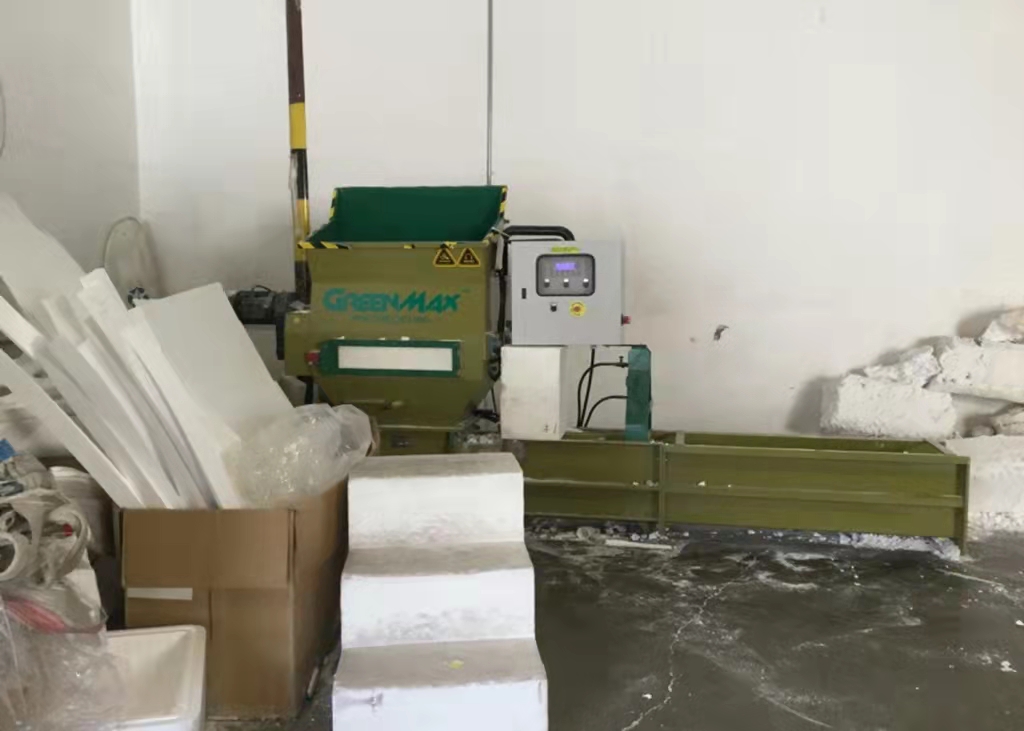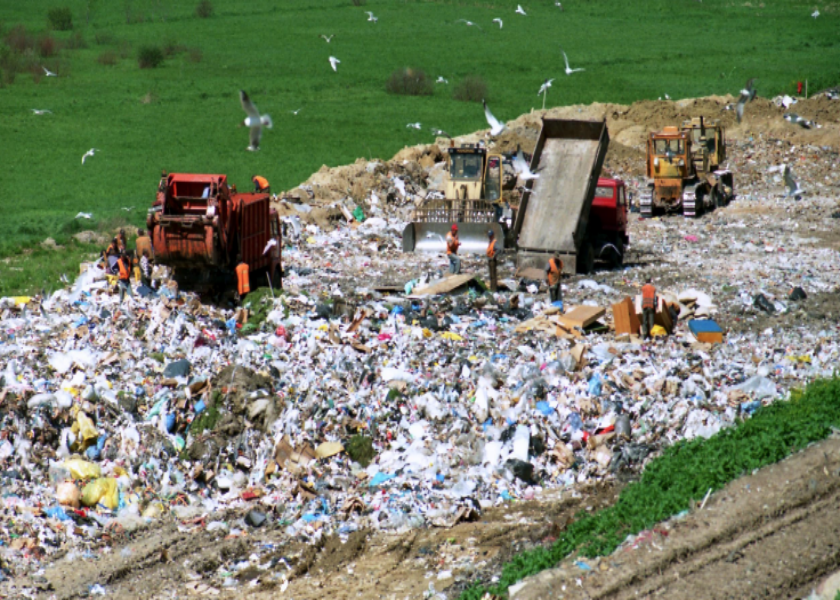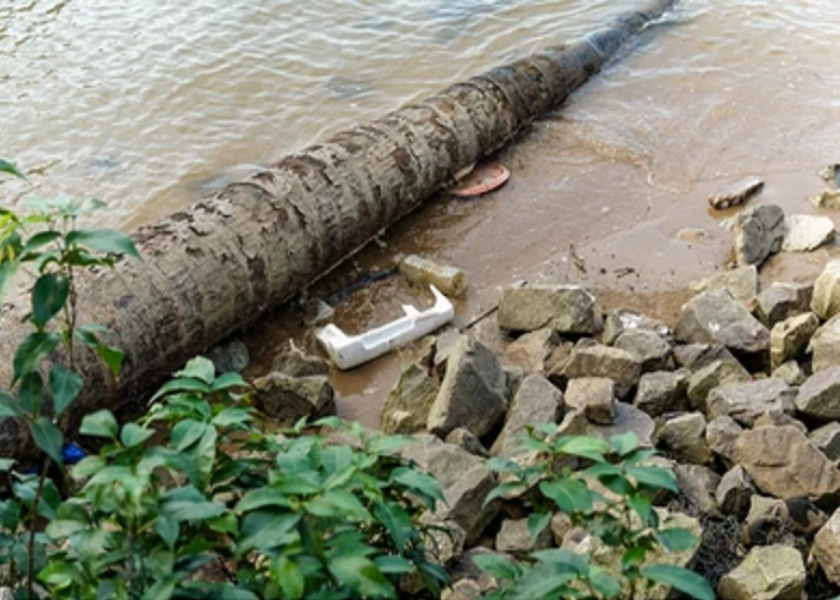The federal government wants to phase out plastics that end up in landfill, including expanded EPS, plastic bags, plastic cutlery, and takeaway containers by the middle of next year. Australians consume about 3.4 million tonnes of plastics a year, according to a figure from the Environment Department. About 320,000 tonnes of that is recycled, and the rest ends up in landfill, Australia imports about 52,000 tonnes of EPS every year, to make into things like insulation, as well as single-use packaging for white goods and packing beads for posting boxes. About a quarter of it is recycled, through business programs or at council depots, and the rest ends up in landfill.
Why not advocate for landfill EPS?
Why is it not recommended to use landfill as a way to recycle EPS? First, we all know that EPS is a non-degradable material that will not be decomposed by microorganisms for hundreds of years after being buried in the ground, so when the natural environment changes, such as heavy rain, floods, after the soil is washed, the EPS in the ground will be exposed to the land again, and the EPS has poor ductility and is easy to break. Therefore, EPS fragments will fly everywhere with the wind, affecting the aesthetics of the environment, and some even fall into the sea and rivers, causing marine pollution.
Second, EPS buried in the ground for a long time will be broken into microplastics. At present, there is no experiment to prove that this microplastic is non-toxic and harmless. Therefore, once this microplastic enters the ecosystem through the biological chain, our human health is most likely to be affected
A green way to recycle EPS
Intco Recycling GREENMAX, as an EPS recycling expert, proposed a set of EPS recycling solutions. To enhance the feasibility of the solution, GREENMAX also designed and manufactured several EPS recycling machines. Among them, the EPS compactor is well received by the public.
This EPS recycling machine has very high recycling efficiency and is very easy to operate. First, the EPS compactor is used to compress the EPS to one-fifth of the original volume, which greatly reduces the space and transportation costs. Then the compressed EPS can be used to make new plastic products.
 GREENMAX is not limited to supplying EPS compactors. For more than ten years, we have been committed to forming a closed loop of recycling for nature and an economic closed loop for customers. GREENMAX repurchases compressed EPS for making environmentally friendly photo frames
GREENMAX is not limited to supplying EPS compactors. For more than ten years, we have been committed to forming a closed loop of recycling for nature and an economic closed loop for customers. GREENMAX repurchases compressed EPS for making environmentally friendly photo frames


